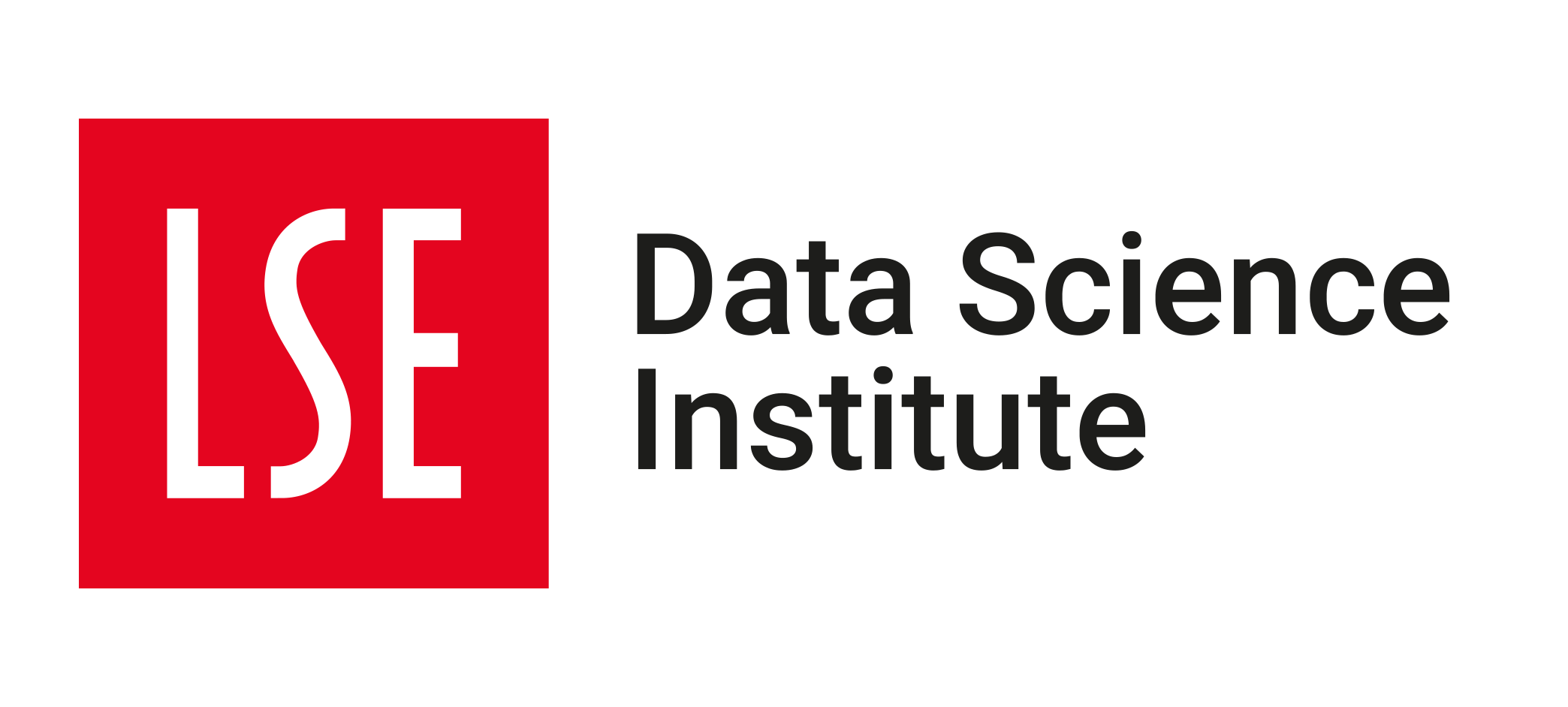✍️ Coursework (Formative)
🎯 OBJECTIVE: Discover what p-hacking is and reflect on how to avoid it.
⌛ DEADLINE: 27 February 2023.
Note
- You can choose to write it as an individual or in pairs.
- I will give you feedback on your notes if you submit them via Moodle.
Instructions
- Create an R Markdown and name it
LSE_DS101L_2022_23_W05_formative.Rmd. - Because this is a formative assessment, submission is not anonymous. Therefore, please include your name(s) in the document.
- Feel free to format this document however you like. You will learn how to work better with R Markdown in the next weeks.
Submission
- After writing, knit your RMarkdown document to HTML and submit it on Moodle. See this video for a quick tutorial on how to knit your RMarkdown document to HTML.
Tasks
Task 1
- Read the article referenced in the indicative readings of the week, (Aschwanden 2015).
- Now answer the following questions:
- What is p-hacking?
- What are the consequences of p-hacking?
- How should researchers avoid p-hacking?
Task 2:
- Think back to the small but tidy data you collected for the Formative 1.
- Suppose you were to create a linear model that would predict a dependent variable called
number_of_people_affectedof Wikipedia’s ongoing events. - Now answer the following questions:
- What would you use as independent variables?
- How would you handle missing data?
- What would be your null and alternative hypotheses?
- How would you avoid p-hacking?
References
Aschwanden, Christie. 2015. “Science Isn’t Broken.” FiveThirtyEight. https://fivethirtyeight.com/features/science-isnt-broken/.
